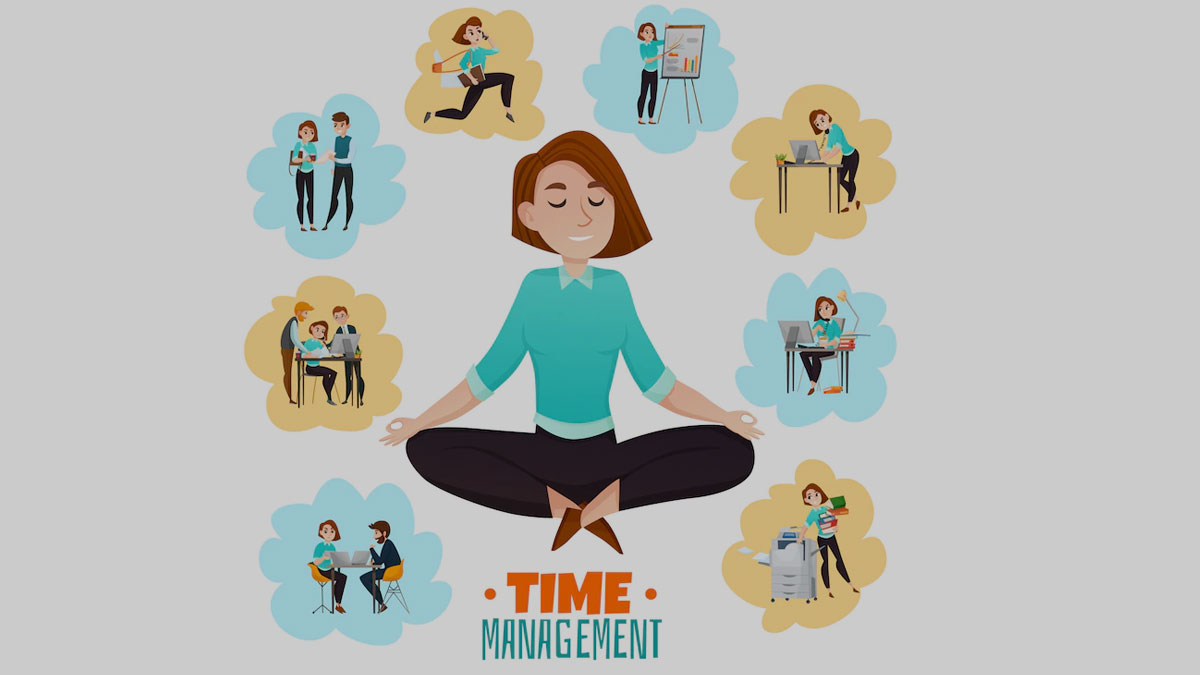
In our fast-paced and demanding lives, stress has become an unwelcome companion for many. The body's response to stress, primarily driven by the release of cortisol, can have far-reaching effects on our overall health. Recognizing the signs of elevated cortisol levels is crucial in managing stress and preventing its adverse consequences.
Table of Content:-
CHECK YOUR
MENTAL HEALTH

We spoke to our expert Dr Vineet Arora– Director, Internal Medicine & Diabetology, Max Super Speciality Hospital, Shalimar Bagh as he explains signs of stress you shouldn't ignore. Here is what he shared with us.
Signs to Watch Out For
1. Weight Gain
Heightened cortisol levels can trigger an increased appetite, particularly for unhealthy, calorie-dense foods. This, coupled with the body's tendency to store fat around the abdomen, often results in weight gain.
2. Cardiovascular Effects
Consistently elevated cortisol levels are associated with an increased risk of hypertension, rapid heartbeat, palpitations, and a higher likelihood of heart attacks.
3. Sleep Disturbances
Difficulty falling or staying asleep, waking up early, and experiencing disrupted sleep patterns are common indicators of elevated cortisol levels. Paradoxically, despite disrupted sleep, individuals may also suffer from feelings of extreme exhaustion.
4. Mental Health Impact
Increased cortisol can contribute to heightened levels of anxiety, uneasiness, and irritability. Moreover, chronic stress can lead to the development of depressive symptoms, affecting both emotional and physical well-being.

Also Read: Are You Addicted to Sugar? Discover Negative Effects and Ways to Get Rid of It
5. Digestive Issues
Stress-induced disruptions in the digestive system can result in discomfort such as stomachaches, diarrhoea, or constipation.
6. Muscle Weakness
Cortisol's impact on muscle tissue can weaken muscles and decrease overall muscle mass, affecting physical strength and endurance.
7. Immune System Compromise
Chronic stress can compromise the immune system, making individuals more susceptible to illness and infections.

8. Skin and Hair Conditions
Elevated cortisol levels may worsen existing skin conditions such as acne, eczema, and psoriasis. Additionally, it can contribute to thinning or shedding of hair, adding to emotional distress.
Also Read: Are You Addicted to Sugar? Discover Negative Effects and Ways to Get Rid of It
9. Cognitive Impairment
Stress can impair cognitive function, leading to difficulties with memory, concentration, and decision-making.
10. Menstrual Irregularities
In females, high cortisol levels can disrupt the menstrual cycle, causing irregular periods or changes in menstrual flow.
11. Impact on Reproductive Health
Stress and cortisol can reduce sex drive and interfere with reproductive hormones, potentially impacting fertility.
Bottomline
Understanding and recognising the signs of high cortisol and stress levels is the first step in managing and mitigating the impact on our health. Adopting stress-reducing practices such as mindfulness, exercise, and proper self-care can play a crucial role in maintaining a balanced and healthy lifestyle. Prioritising mental and physical well-being is key to preventing the detrimental consequences of chronic stress on the body.
How we keep this article up to date:
We work with experts and keep a close eye on the latest in health and wellness. Whenever there is a new research or helpful information, we update our articles with accurate and useful advice.
Current Version